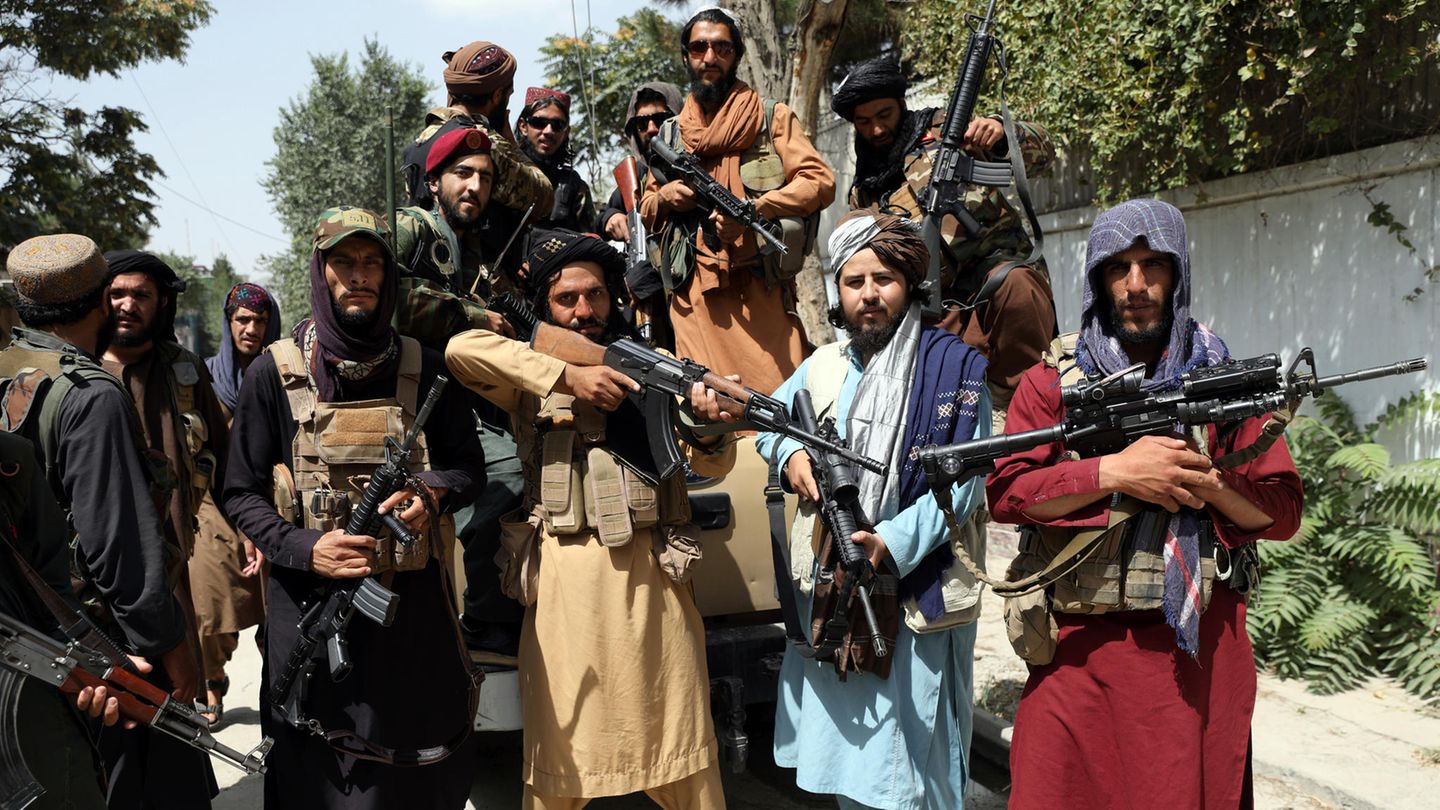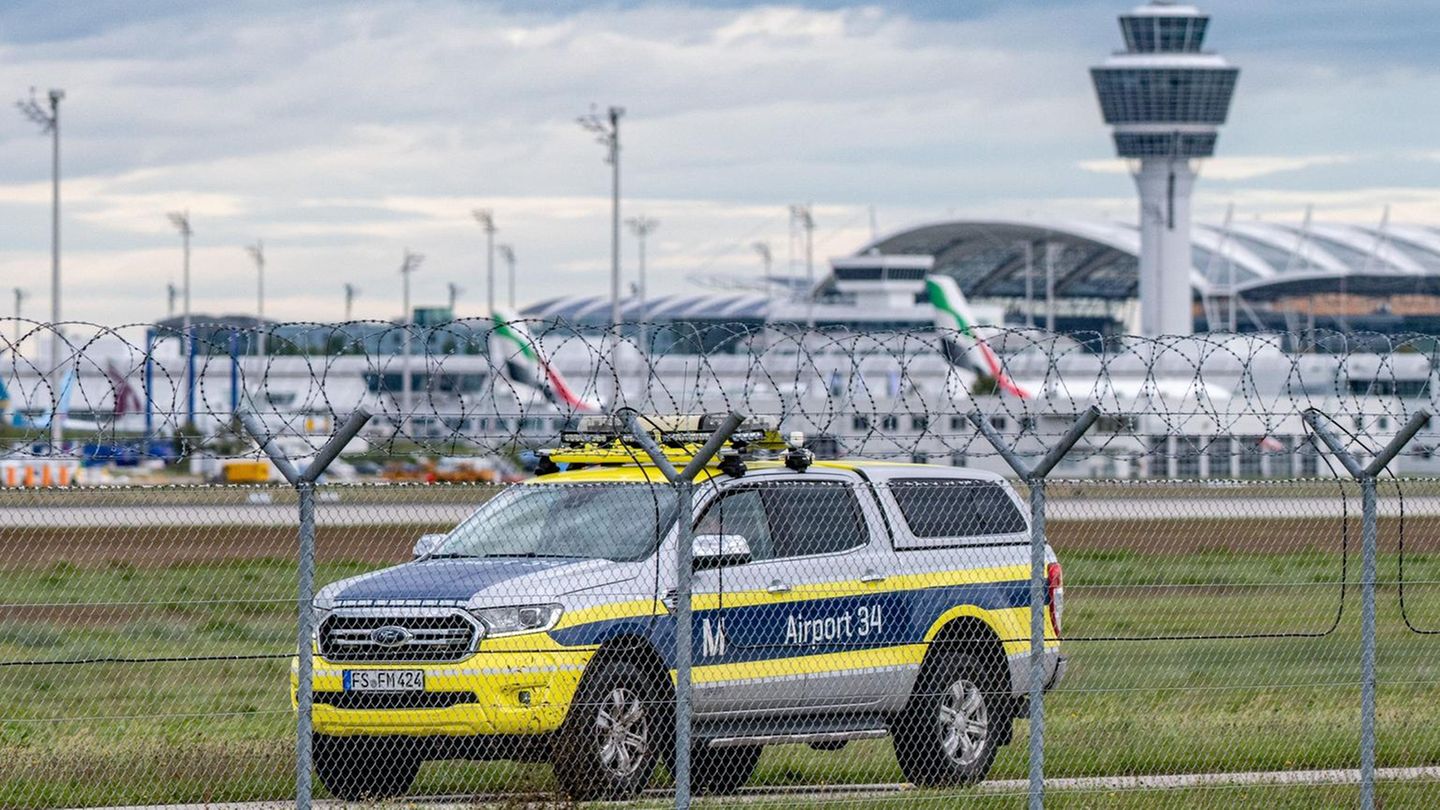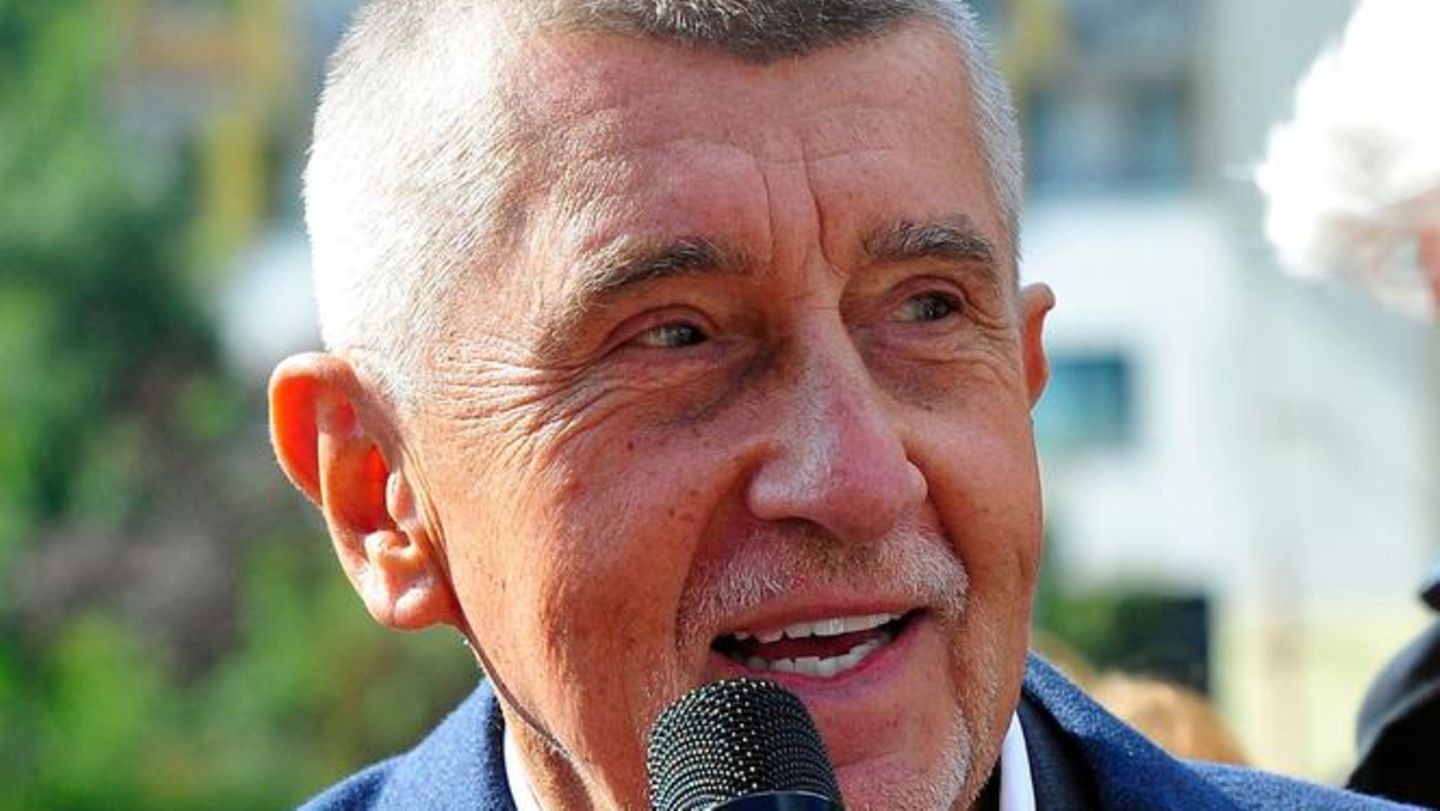The music has stopped and the burqa business is booming. When the Taliban came to power, the western lifestyle said goodbye to Afghanistan. The population is insecure.
“It’s like an apocalypse,” says the young Afghan woman. For the first time since the Taliban took power, the 20-year-old women’s rights activist ventured out of the house with her mother. She can hardly believe her eyes: instead of a busy life, there is an eerie silence on the streets of Kabul, fighters patrol the neighborhoods. “People almost never go out and when they do, they want to go back home as soon as possible,” says the young Afghan woman, who wants to remain anonymous.
Before August 15, she was spending her days at university and working in a bank. But the Taliban only allowed women to study if they were taught separately from men, she says. “A stupid decision, because there aren’t enough female professors.” In the bank, too, she is now undesirable as a woman.
In recent years, many Afghan women in the capital have dressed in western fashion. But since the Taliban returned, the demand for burqas, the full-body veils, has skyrocketed. The new rulers tore down posters with women. “Except for those who were too high up,” says the women’s rights activist. Some beauty and hairdressing salons are still open. “I would like the Taliban to go there, they look like monsters,” she jokes bitterly.
“Fear controls everyone”
The music in the city has fallen silent. But children are still playing and laughing in the streets. “It’s not quite as bad as I thought,” is the conclusion of the young Afghan woman after her first walk among the new rulers.
The Taliban have not yet formed a government or passed laws. Nobody knows exactly what is still allowed and what is forbidden. The fear among the people is great, says a banker from Kabul, who does not want to give his name either. That plays into the hands of the Taliban. “You don’t have an army to control people. But fear controls everyone,” he says.
While the leadership of the Taliban tries to convey the image of a unified and well-organized movement, the fighters appear very differently from place to place. “Some behave decently towards the population,” says the banker. “Others eat in restaurants without paying.”
“The Taliban are more accommodating than expected”
In Khost in the south-east of the country, the new rulers are more conciliatory – perhaps because the city is far more conservative than Kabul. “After a few days the situation returned to normal. Many shops and small businesses have reopened,” reports an employee of an aid organization from Khost. “Boys and girls go to school like they used to.”
“The attitude of the Taliban is much more accommodating than people expected,” he continues, referring to a wedding a few days ago. “There were singers and dancers and I danced with a lot of friends.”
Young people try to escape
On the market square in the northern Afghan city of Kunduz, Taliban militiamen announce new regulations over loudspeakers. Weeks of fighting devastated Kunduz. Buildings were destroyed, warehouses looted. “Some have started to rebuild their businesses,” says one entrepreneur. Many residential buildings, on the other hand, are still in ruins – because the residents have fled or there is simply a lack of money.
Above all, young and educated people have left the city, says the entrepreneur. “They are afraid because there are no longer any international donors to finance development or education projects,” he says. Many female teachers have also fled – although they are needed more than ever because men are not allowed to teach girls.
The entrepreneur had to close his cosmetics store. Fearing the future, people only bought what was absolutely necessary, he says. “They think they have to save because they won’t make any more money. They don’t even use soap and shampoo anymore.”
David William is a talented author who has made a name for himself in the world of writing. He is a professional author who writes on a wide range of topics, from general interest to opinion news. David is currently working as a writer at 24 hours worlds where he brings his unique perspective and in-depth research to his articles, making them both informative and engaging.




